

This guide provides a detailed overview of stainless steel t bolts, covering their types, applications, advantages, and selection criteria. We’ll explore the various grades of stainless steel used, factors influencing their strength and durability, and best practices for their installation and maintenance. Whether you're a seasoned engineer or a DIY enthusiast, this resource will equip you with the knowledge needed to effectively utilize these robust fasteners.
Stainless steel t bolts are typically manufactured from austenitic stainless steel, known for its excellent corrosion resistance. Common grades include 304 (18/8) and 316 (18/10/2). Grade 316 offers enhanced resistance to chloride corrosion, making it suitable for marine and chemical environments. The choice of grade depends heavily on the specific application and environmental conditions. A higher grade often translates to increased cost but superior performance in harsh environments.
The mechanical properties of stainless steel t bolts, such as tensile strength and yield strength, vary depending on the grade and manufacturing process. These properties are crucial for determining the bolt's load-bearing capacity and suitability for a given application. Referencing manufacturer specifications is essential for accurate selection. Hebei Muyi Import&Export Trading Co.,Ltd offers a wide range of high-quality stainless steel t bolts.
Stainless steel t bolts find widespread use in various industrial settings. They are commonly employed in the construction of chemical processing plants, food processing facilities, and marine structures where corrosion resistance is paramount. Their strength and durability make them ideal for applications involving heavy loads and vibration.
In architectural and construction projects, stainless steel t bolts are utilized in applications requiring high strength and corrosion resistance. They are commonly used in handrails, balustrades, and other exterior fixtures where exposure to the elements is a concern. Their aesthetic appeal also makes them a popular choice in modern architecture.
Beyond industrial and architectural uses, stainless steel t bolts also find applications in automotive, aerospace, and various other specialized industries. Their versatility allows them to be adapted to a wide range of fastening needs.
Selecting the appropriate stainless steel t bolt requires careful consideration of several factors, including the required tensile strength, thread size, bolt length, and grade of stainless steel. Environmental conditions, such as exposure to moisture or chemicals, must also be taken into account.
Stainless steel t bolts are available in a wide range of sizes and dimensions to accommodate various applications. Precise measurements are critical for ensuring a secure and reliable connection. Always consult manufacturer specifications for accurate sizing information.
Proper installation and regular maintenance are essential for ensuring the longevity and performance of stainless steel t bolts. Appropriate torque specifications should always be followed during installation to prevent damage. Regular inspection for corrosion or damage is recommended, especially in harsh environments.
| Fastener Type | Corrosion Resistance | Strength | Cost |
|---|---|---|---|
| Stainless Steel T-Bolt | Excellent | High | High |
| Carbon Steel T-Bolt | Low | High | Low |
| Aluminum T-Bolt | Moderate | Moderate | Moderate |
This comparison highlights the advantages of stainless steel t bolts in applications requiring superior corrosion resistance, even if it comes at a higher cost compared to other options.
For more information on high-quality stainless steel t bolts and other fasteners, visit Hebei Muyi Import&Export Trading Co.,Ltd.

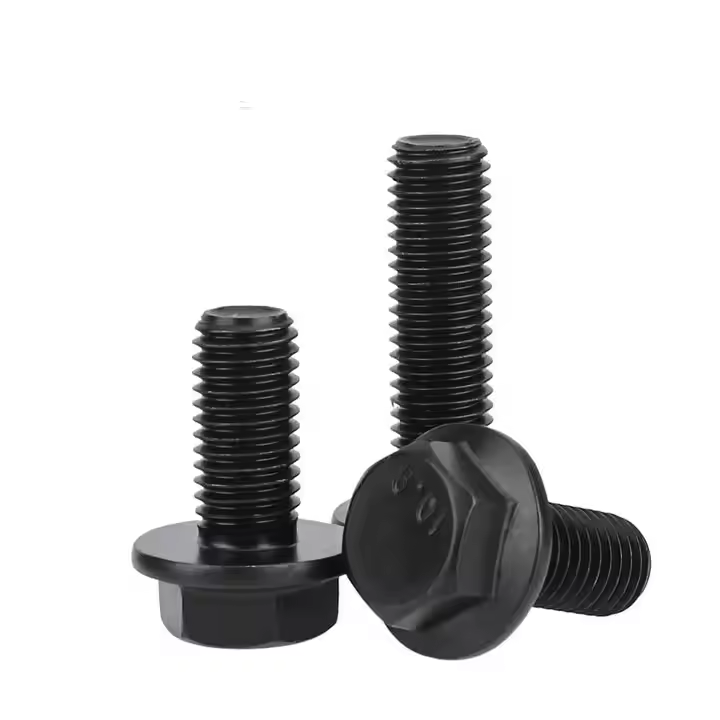

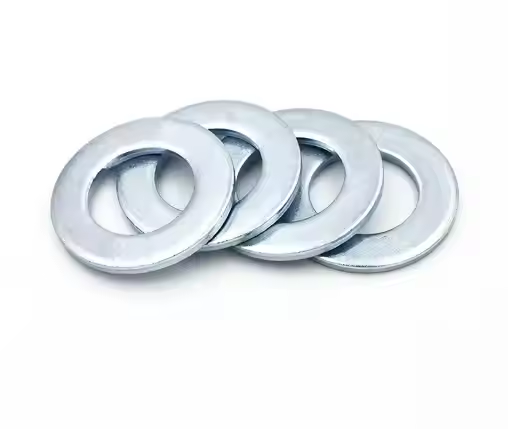
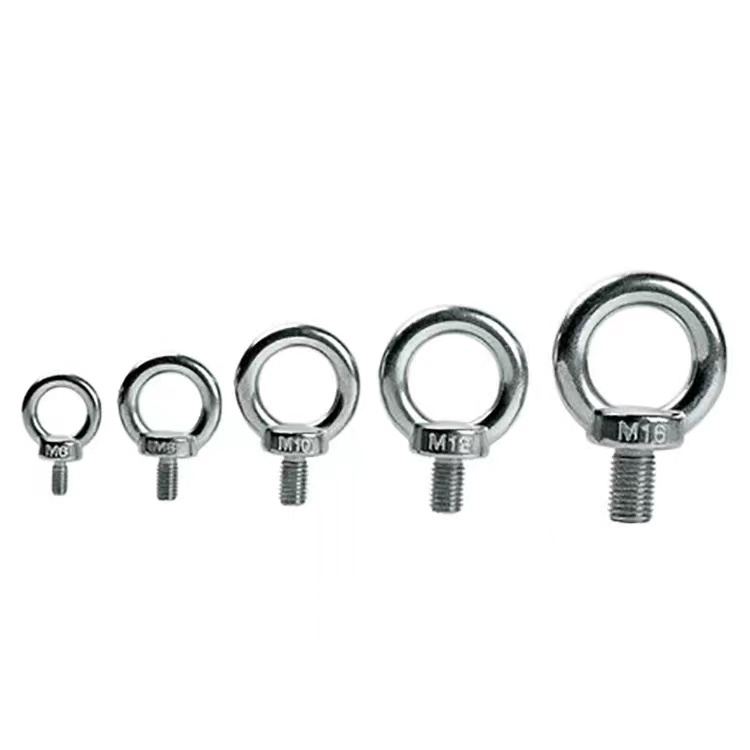

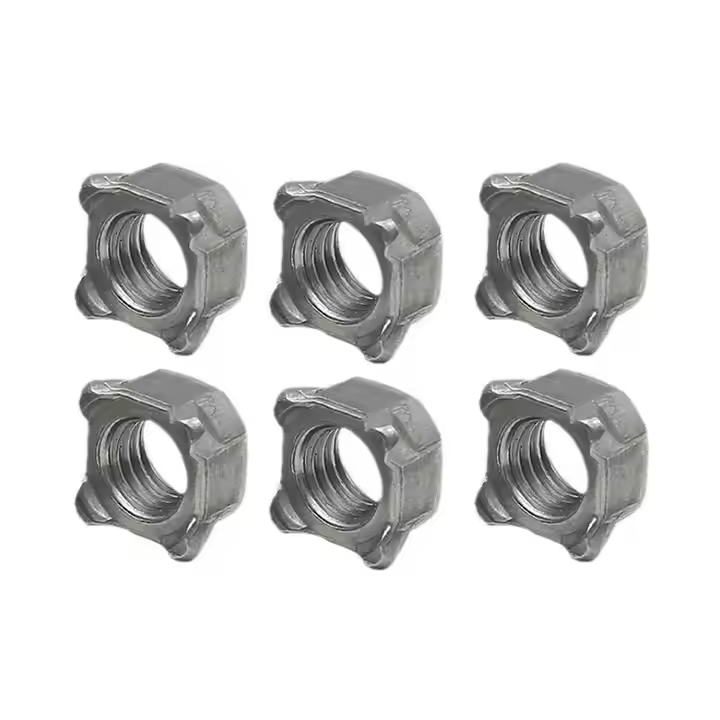





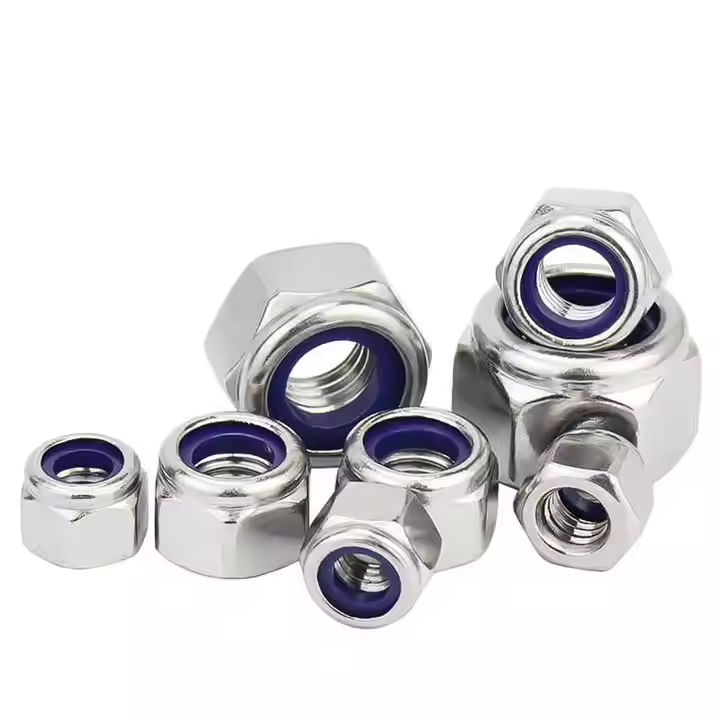
Please enter your email address and we will reply to your email.